
Health topics
Breathing
Hometown Health Blog

Is your cough acute bronchitis?
Learn how a lingering cough may be caused by acute bronchitis.

Understanding the complex health risks of wildfire smoke
Wildfire smoke can affect air quality in areas thousands of miles away from active wildfires. Learn how to monitor air quality indexes to be aware of the air pollution in your area.
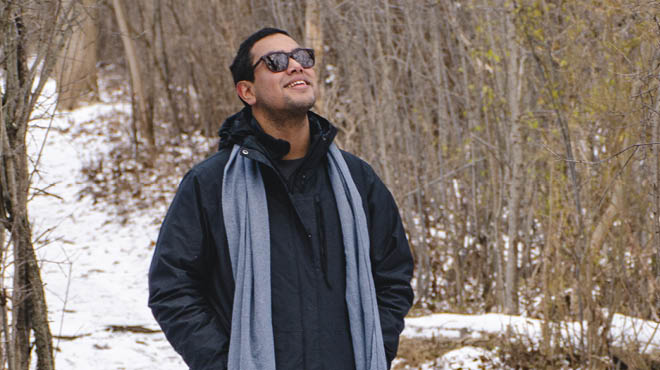
How belly breathing benefits your body, mind
Are you breathing from your belly or chest? Most people chest breathe, but belly breathing is more efficient and offers a wealth of body and mind benefits. Learn how to breathe from your belly.
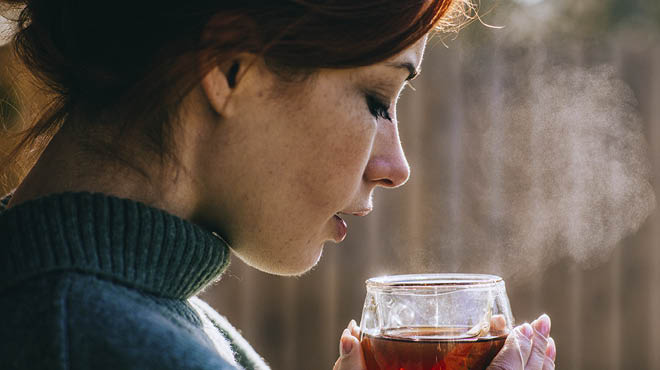
Why are you coughing so much?
From a tickle in your throat to a chronic cough, you may wonder why you are coughing so much. Learn how to distinguish if your cough is a minor inconvenience or a sign of illness.

6 tips for living with COPD
COPD, a chronic inflammatory lung disease most often caused by long-term smoking, is a leading cause of disability and death in the U.S. Learn strategies to cope with COPD and slow lung damage.

Checking the facts of COPD
You take 20,000 breaths every day, and your lungs work 24/7 to keep you alive. Test your knowledge of COPD, and learn why it's vital to be aware of the risk factors and symptoms of the disease.
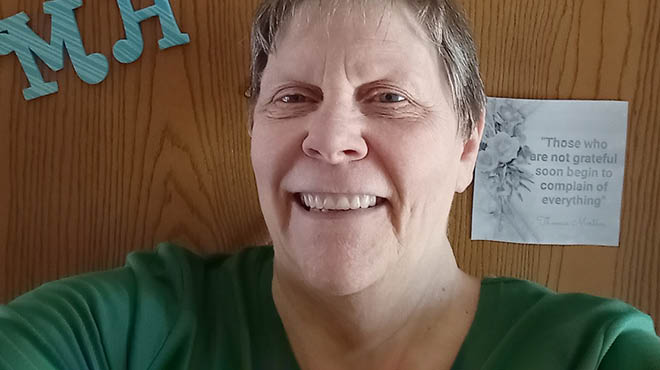
Personalized care gives Marie Hammes oxygen and answers
Breathing is an automatic function that most people don't think about until it becomes difficult. Read how the Mayo Clinic Store supports Marie's journey with COPD.
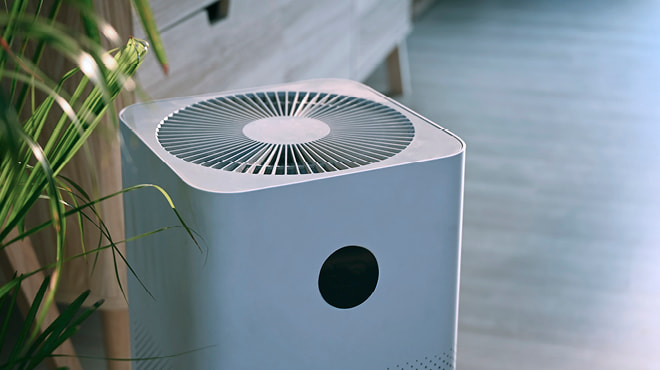
Cleaner air: Another layer of protection from airborne particles
Your lungs work hard. Having clean air helps prevent illness and reduces the transmission of airborne viruses. Here are some ideas for improving the air quality in your home.

Does smoking marijuana increase lung cancer risk?
Marijuana is a widely used substance in the U.S. But is it safer than smoking tobacco? Can it cause lung issues or lung cancer? Here's what you need to know.
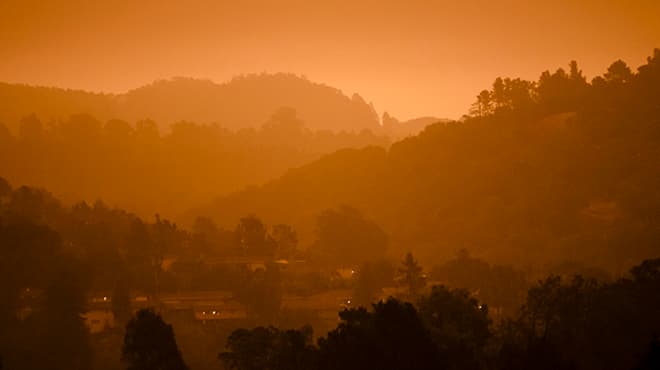
What to know about breathing issues due to wildfires, smoke
Smoke from wildfires can pose a health risk when ultrafine particles are inhaled deep into the lungs. Monitor air quality, and learn how to protect yourself if you're in an affected area.
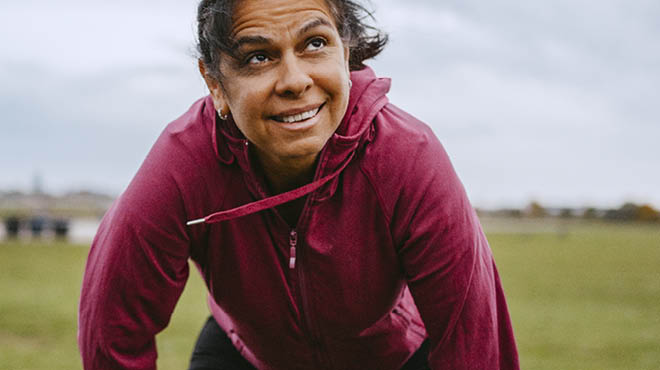
4 common questions about robotic-assisted bronchoscopy
Robotic-assisted bronchoscopy maps out the airways in the lungs and safely gets to previously unreachable spots. Read four common questions about the technology and how it betters lung cancer outcomes.
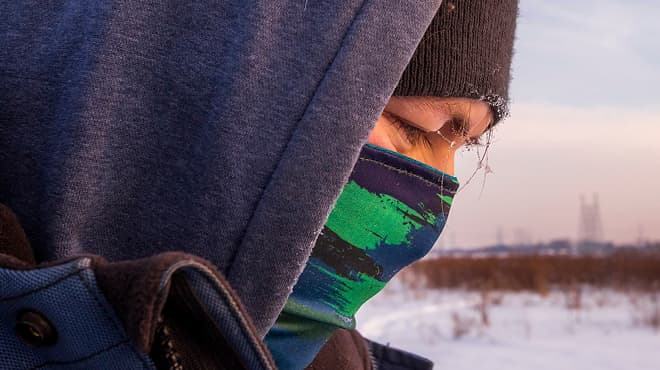
Is the extreme cold bad for your lungs?
The icy grip of winter is blanketing much of the U.S. Learn how bitter cold temperatures affect the lungs and what you can do to protect yours when outdoors.




